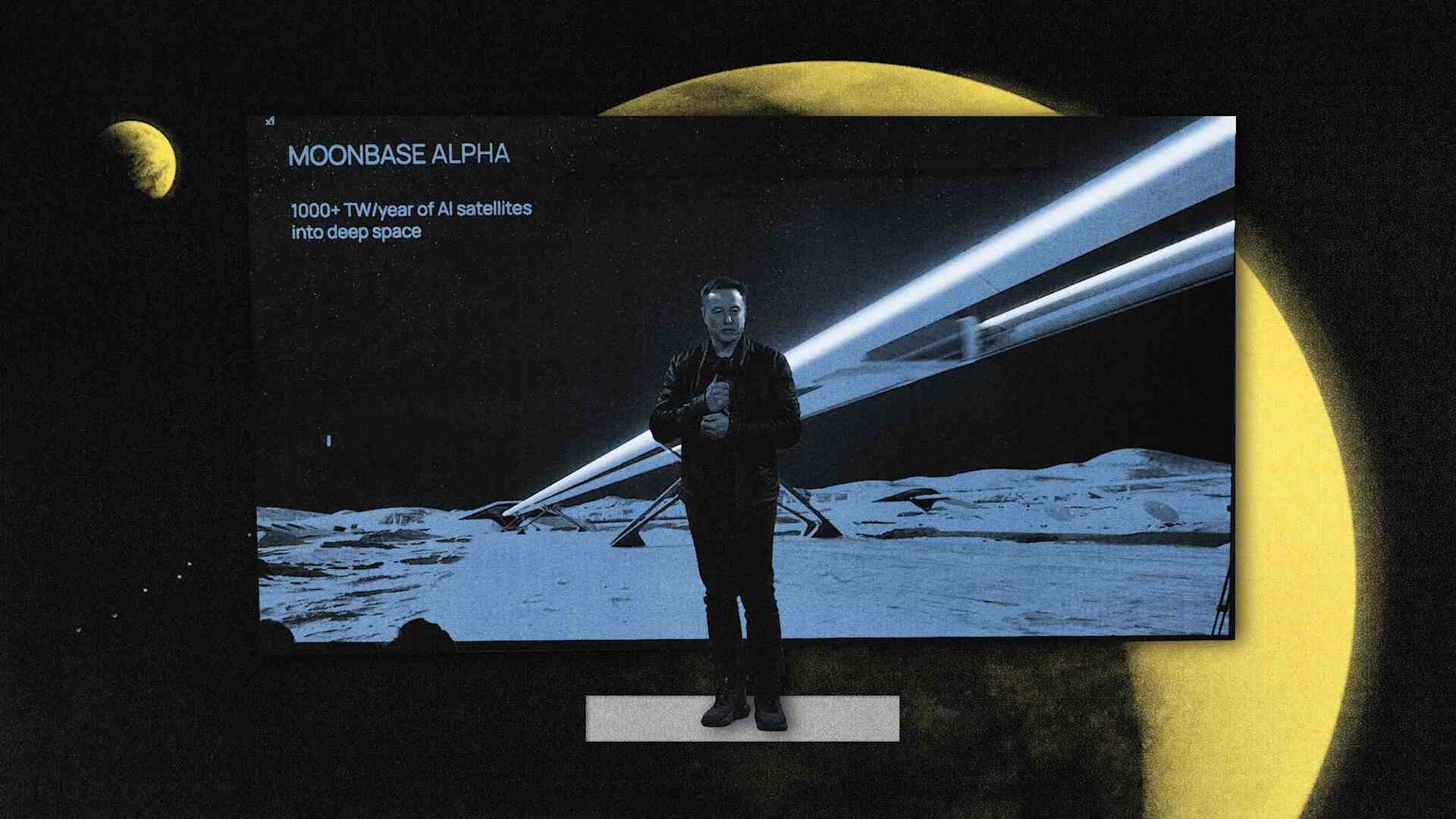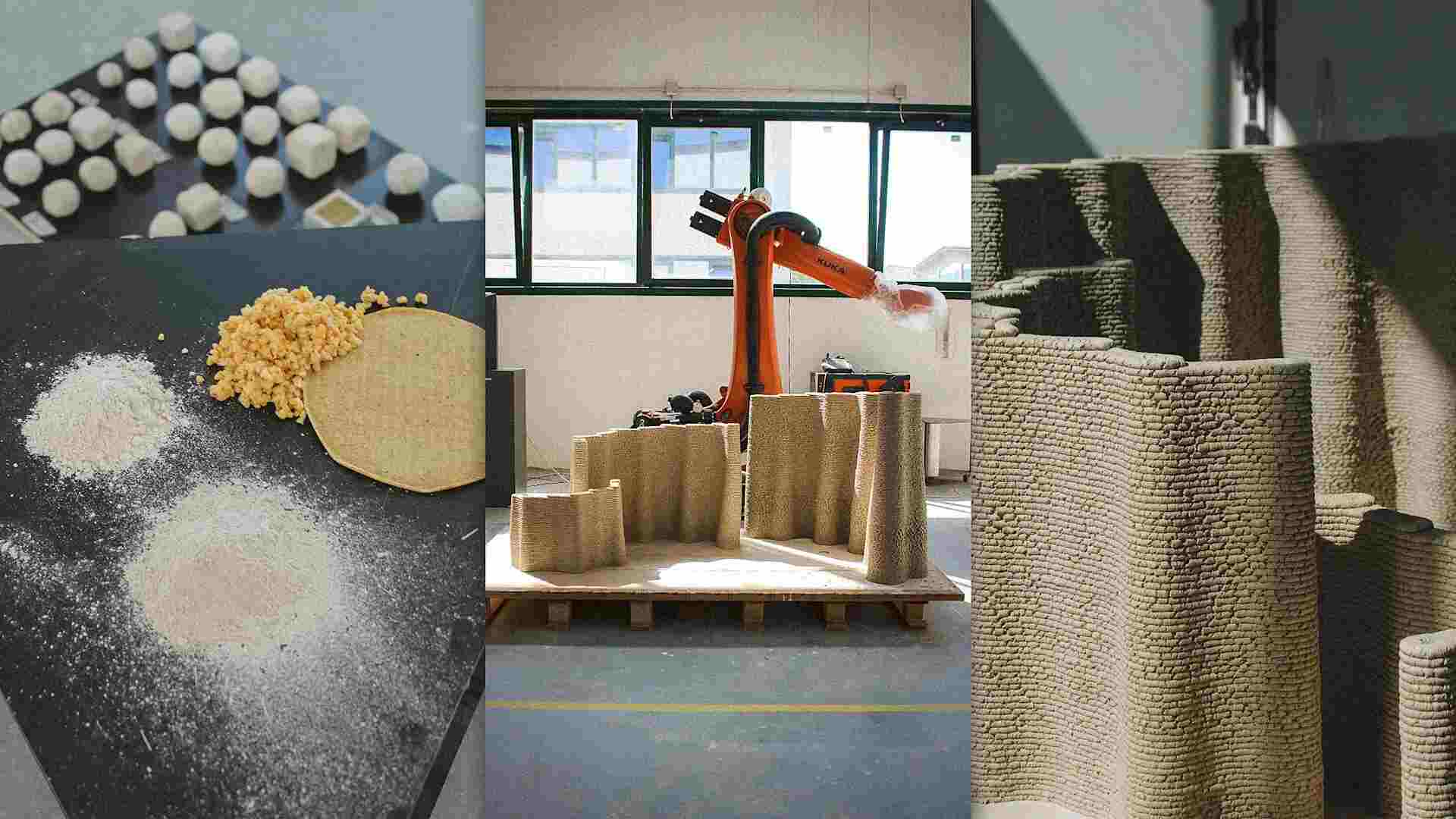- | 8:00 am
Tesla axed its entire marketing team—here’s why that matters
It a reminder of just how little Tesla has invested in its own brand beyond Elon Musk.

News broke earlier this week that Tesla had laid off its entire 40-person marketing and growth content team, barely a year after starting it. Perhaps the biggest surprise for many was that Tesla even had a marketing and growth content team.
Ford spent $2.5 billion on global advertising in 2023, according to Statista. General Motors spent $3.6 billion. Meanwhile, Tesla has mostly limited its own marketing investment to price promotions and brand content across social. The brand dropped a new Model 3 ad this week that looks like a generative AI experiment with the prompt, “Make a generic car ad that feigns subversive but is actually corny.”
Tesla’s marketing department downsize comes amid other layoffs (about 10% of its global workforce), a major recall of its Cybertruck, a more than 40% drop in its stock price in the past year, and a 9% decline in Q1 revenue year over year.
There are many factors to consider when thinking about how Tesla got to where it is. The company cited the Red Sea conflict, the arson attack at Gigafactory Berlin, and an overall slowing of EV adoption rates, as well as more manufacturers focusing on hybrids. But I have another theory.
As I wrote a year ago, Tesla has grown at an incredible rate and created massive amounts of wealth for its shareholders, all primarily on the back of Musk’s personal promotion and brand image. But as EVs have become mainstream, and carmakers from Chevy to Porsche have launched their own EV models, Tesla’s promise of being more than just a car company rings hollow. Many potential customers have no idea what Tesla even stands for.
As the EV market matures, Tesla’s brand has failed to mature along with it. The jettisoning of its marketing department might actually be a positive first step forward. Just look at what they’ve created over the past few months. Most of it has the look, feel, and sound of an AI experiment with music that ranges from Zoolander-esque atmospheric electro sleep aid, to chugga-chugga faux rock riffs, alongside people who look straight out of a stock photo catalog. The ads have no story, arc, message, or narrative. Saying they look like a student spec ad is an insult to student spec ads.
The brand could actually use a shift in strategy and this may be as good a time as any. In cutting its own internal team, Tesla should take the opportunity to find some outside creative partners that can approach the brand story with the same dedicated level of attention and innovative thinking that Tesla has brought to its products.
PRODUCT + VIBE
Paul Venables started working with Audi in 2007, and over the next 15 years, his agency Venables Bell & Partners would help the brand double its market share, boost brand awareness by 83% and purchase consideration by 68%, and spark a more than 90-month streak of record-setting sales.
Venables tells me that the name of the game in automotive is generating demand. And the two biggest contributors to demand generation are the product itself and the brand’s overall cultural relevance. Tesla has long-created plenty of buzz with its product, but has never really had a brand vibe or voice of its own—only that of its CEO.
If Tesla ever wanted to change that, Venables says there’s a big question to answer: “What in that product can be elevated, can be made more emotional, more interesting, to stand for something that can be more attractive for people, to create that attraction, and build that brand to weather the storms that they face?”
Talking about brand vibe can elicit a giant eye roll. But Venables says cars in particular have to strike a balance between private prestige and public prestige. Private prestige is what we know ourselves—the research we’ve done on a product, its quality, and how well it fits our needs. The public prestige is what that brand and product says about us out in the world.
“A car is part of our identity in a sense, right?” says Venables. “When we drive, it’s very public. And at the beginning, a Tesla itself was a statement. It was the only EV on the market, and what it said about you were things like, ‘I’m gonna save the planet. I’m zigging when the old, stodgy automotive world zags.’ Now years later, with EVs everywhere, the statement becomes, ‘I’m in favor of the lunatic tweeting billionaire, or I’m not.’”
FEED THE BRAND
I spoke to another advertising executive, who asked to remain anonymous but has worked on major global brands across multiple categories, including luxury automotive. They said that, in some ways, the spirit of innovation and S/E/X/Y design language have been core tenants of the Tesla brand. But innovation can stall and aesthetics evolve. Tesla has never taken the time to build deeper meaning into the brand beyond Musk, and now it has a real problem on its hands, and no voice of its own.
Musk thought he was above all that. He mistook new methods for a new movement in marketing—when in reality, he was using his own star power, plus rightly deserved product scarcity due to Tesla’s innovation, and calling it a new form of marketing.
I’ve long hoped the brand would apply some of its innovative thinking to its brand building. It was encouraging last year when Musk told attendees of Tesla’s annual shareholder meeting, “There are amazing features and functionality about Telsas that people just don’t know about. And although, obviously a lot of people follow the Tesla account or my account on Twitter, to some degree it is preaching to the choir, and the choir is already convinced . . . so we’ll try a little advertising and see how it goes.”
At the time, I suggested Musk and Tesla look to companies like Apple and Nike, as examples of brands that forged their own innovative path in how they utilized advertising to build their brand’s cultural legacy. Of course, this isn’t about making some TV ads. Whether it’s a TikTok influencer or a feature film, it’s about brand work that builds an emotional connection. The product is the heart of any company, and the brand is the soul, but it needs to be regularly fed. Right now, promo videos for the Cybertruck, and Tesla’s other recent content attempts, just feel like empty calories.







































